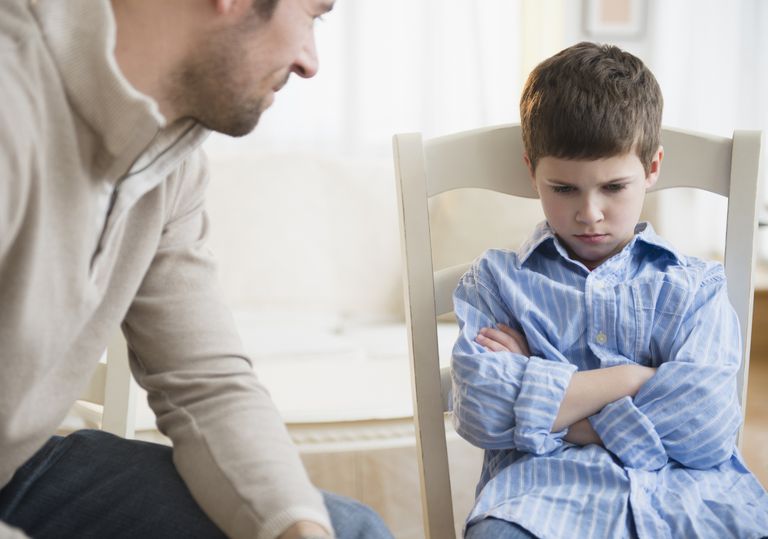Top Stories
Teachers Demand Government Action on Rising Online Extremism

Secondary school teachers in New Zealand have taken a significant step in combatting online extremism by officially voting to make it a key policy focus. Members of the Post Primary Teachers’ Association (PPTA) expressed their growing concerns about the increasing prevalence of misogyny, xenophobia, and anti-Māori rhetoric among students. They are now calling on the government for action to address these issues, which they attribute largely to influences from social media and peer interactions.
Teachers have reported a notable rise in troubling attitudes, particularly among young boys. Many have pointed to controversial figures such as Andrew Tate and the political climate surrounding Donald Trump as contributing factors. The PPTA’s concerns reflect a broader societal issue that requires immediate attention, yet the responsibility for addressing these challenges is primarily seen as lying with parents.
In a candid commentary, Francesca Rudkin emphasizes the crucial role parents play in shaping their children’s beliefs and values. She urges parents to engage in open discussions with their teenagers about contentious topics, such as the influence of social media personalities and the evolving definitions of masculinity. Rudkin argues that understanding the motivations behind a young person’s attraction to what she describes as a “toxic online culture” is essential for effective parental guidance.
Parents often find themselves out of touch with the digital landscape their children navigate. Rudkin shares her experiences of conversing with her own teenagers about current events and notable figures. She notes that many parents may be unaware of the extent to which their children have researched and formed opinions on these topics. The reality is that teenagers are often more informed than their parents realize.
Teachers also play a vital role in this equation, as they are often on the front lines of addressing harmful ideologies in the classroom. While many educators strive to foster critical thinking and encourage constructive debate, they also face the challenge of potential backlash from parents who may accuse them of indoctrination. The need for a balanced approach is evident, as teachers navigate the complexities of discussing political ideologies and social issues.
While schools can implement policies to create a safe learning environment, such as guidelines for acceptable classroom behavior, the current climate calls for greater media literacy. Understanding misinformation and harmful rhetoric is essential for both students and educators. However, teachers already have numerous responsibilities, leaving little room to address these pressing issues comprehensively.
As the conversation around online extremism continues to grow, Rudkin calls on parents to take action. By engaging in meaningful discussions with their children, parents can better understand the influences shaping their beliefs. Only through collaborative efforts between parents and educators can meaningful change occur. The time has come for parents to step up and engage in these critical conversations, as the impact of online extremism on today’s youth cannot be overlooked.
-

 World1 week ago
World1 week agoPrivate Funeral Held for Dean Field and His Three Children
-

 Top Stories2 weeks ago
Top Stories2 weeks agoFuneral Planned for Field Siblings After Tragic House Fire
-

 Sports3 months ago
Sports3 months agoNetball New Zealand Stands Down Dame Noeline Taurua for Series
-

 Entertainment3 months ago
Entertainment3 months agoTributes Pour In for Lachlan Rofe, Reality Star, Dead at 47
-

 Entertainment2 months ago
Entertainment2 months agoNew ‘Maverick’ Chaser Joins Beat the Chasers Season Finale
-

 Sports3 months ago
Sports3 months agoSilver Ferns Legend Laura Langman Criticizes Team’s Attitude
-

 Sports1 month ago
Sports1 month agoEli Katoa Rushed to Hospital After Sideline Incident During Match
-

 World2 weeks ago
World2 weeks agoInvestigation Underway in Tragic Sanson House Fire Involving Family
-

 Politics2 months ago
Politics2 months agoNetball NZ Calls for Respect Amid Dame Taurua’s Standoff
-

 Top Stories2 weeks ago
Top Stories2 weeks agoShock and Grief Follow Tragic Family Deaths in New Zealand
-

 Entertainment3 months ago
Entertainment3 months agoKhloe Kardashian Embraces Innovative Stem Cell Therapy in Mexico
-

 World4 months ago
World4 months agoPolice Arrest Multiple Individuals During Funeral for Zain Taikato-Fox



















